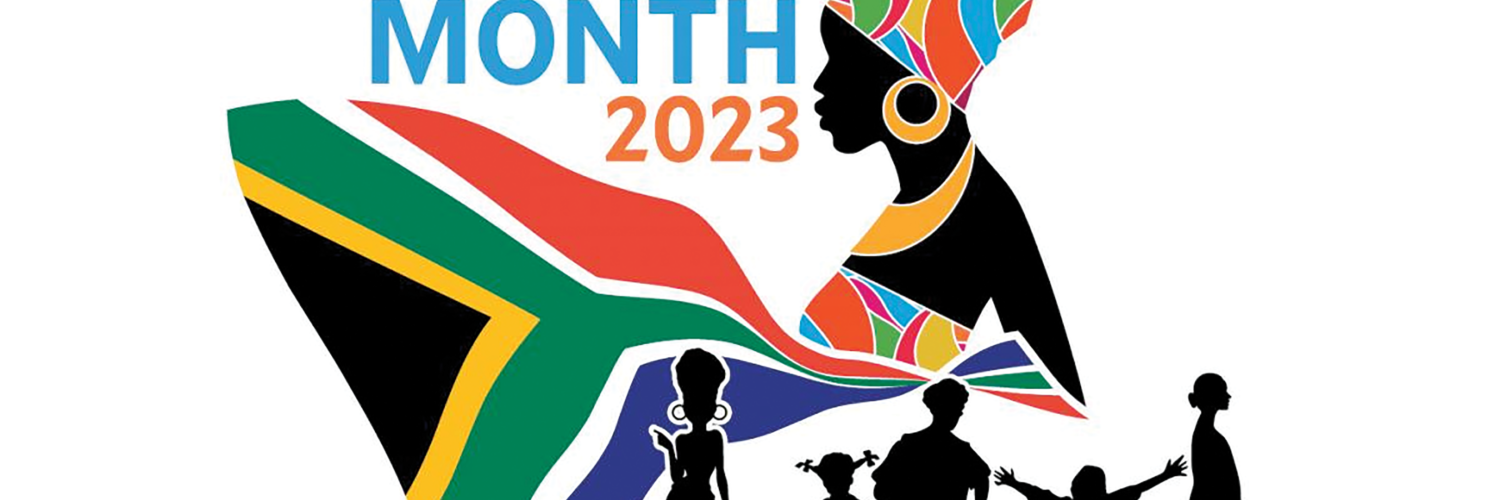NORMS: High time to usher in a new era of collaborative parenting…

By Lereko Mfono
As we reached the end of Women’s Month yesterday, it’s an opportune time to reflect on the progress we’ve made toward gender equality and the crucial role that dads can play in supporting moms in our country.
Mothers really matter. But so do fathers. So, as male caregivers, let’s step up and play a more active role in taking care of our children. Let’s share the burden of childcare with renewed energy and vigour. When we do this, everyone wins: women, men and children.
The research is clear. Children who have dads who are positively involved in their lives tend to do better at school. A dad’s positive presence lessens the likelihood of women and girls becoming victims of gender-based violence. If dads do their fair share in the household, there is less chance that there will be conflict in the home and mothers also get a chance to take better care of themselves. A present father really helps to empower mothers.
While society has come a long way in challenging traditional gender norms, there are still outdated social codes that persist — especially when it comes to the division of household and caregiving responsibilities.
For example, many schools will have ‘class moms’, or the mom may be the only person who is phoned first if something happens at school. But why can’t dads also take up these roles? Many working moms would further hold down full time, high-level jobs, but then come home and cook dinner – while some dads decide to not help or help very little.
Obviously, not all dads are like this, but there are subtle ways that gender inequality persists in our society, and it’s high time that we start to usher in a new era of collaborative parenting.
One key way to challenge the status quo is by showcasing stories of fathers who are actively engaged in their homes and their children’s lives. These inspiring narratives can serve as beacons of change, demonstrating that caregiving is not solely a mother’s duty. By sharing these stories through various mediums, from social media to community gatherings, we can normalise the idea of dads stepping up and sharing the responsibilities.
At Heartlines, for example, we’ve been opening up the conversation around how we can increase fathers’ involvement in their kids’ lives through the Fathers Matters television series, which recently re-aired on SABC 2 in July.
Educational institutions also play a pivotal role in shaping societal attitudes. Encouraging schools and early childhood development (ECD) centres to involve fathers in child-related affairs is a key step in fostering a sense of shared responsibility. Parent WhatsApp groups, for instance, can be a space where dads are just as involved as moms in discussing their children’s progress and needs. By erasing the line between “mom’s duties” and “dad’s duties,” we create a more inclusive environment that values both parents’ contributions.
Gender equity resources are a potent tool for organisations and workplaces to facilitate change. Men often gather in various settings, from workplaces to community groups, and these spaces present an opportunity to introduce discussions on gender equality and caregiving responsibilities. By equipping men with the knowledge and tools to be supportive partners and fathers, we can promote a culture where sharing the load is not just expected but celebrated.
In addition to the above, there are other tangible ways that dads — from all walks of life — can start to play a greater role and provide support to mothers.
Better communication: Taking initiative is essential, but the first step should be a simple conversation with the mom. Ask about her needs, concerns, and where you can step in to offer support. This not only shows consideration but also fosters a collaborative approach to parenting.
Parenting tasks and chores: Dads can actively participate in parenting tasks such as helping with homework, managing bedtime routines, or bathing young children. By equally sharing these responsibilities, moms can experience relief from the daily workload, allowing for more quality family time.
Building a support network: Dads can rope in their friends to embark on this journey of active fatherhood together. A support group creates a space to share challenges, innovative approaches, and keep each other motivated during tough times. This camaraderie not only benefits the dads but also enriches the family dynamic.
The path to change lies in undoing ingrained social codes through proactive steps and open dialogue. By honouring and amplifying the narratives of involved fathers, involving them in educational spaces, and providing the necessary resources, we can start to pave the way for a more balanced and equal society.
This Women’s Month, and beyond, let’s recognise the outdated parenting norms that still exist, and look at how we can all start to change the status quo at home, in schools and within the workplace.
Heartlines is a social and behaviour change organisation that encourages people to live out positive values. Heartlines does this through its projects, which include producing films and multimedia resources that aim to spark conversations around values, and equip people to live out these values.
Heartlines further facilitates values-based training, workshops and motivational talks for companies, organisations and groups.
- The writer of the article, Lerenko Mfono, is Fathers Matter Project Coordinator at Heartlines. Fathers Matter is a Heartlines initiative to promote the positive and active presence of fathers in children’s lives
Published on the 114th Edition































